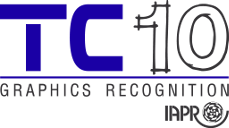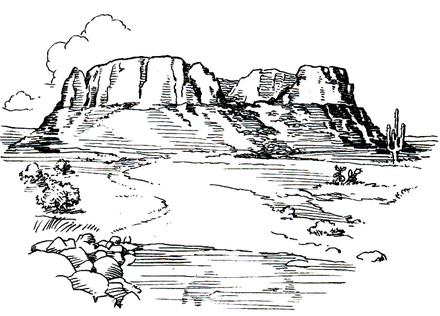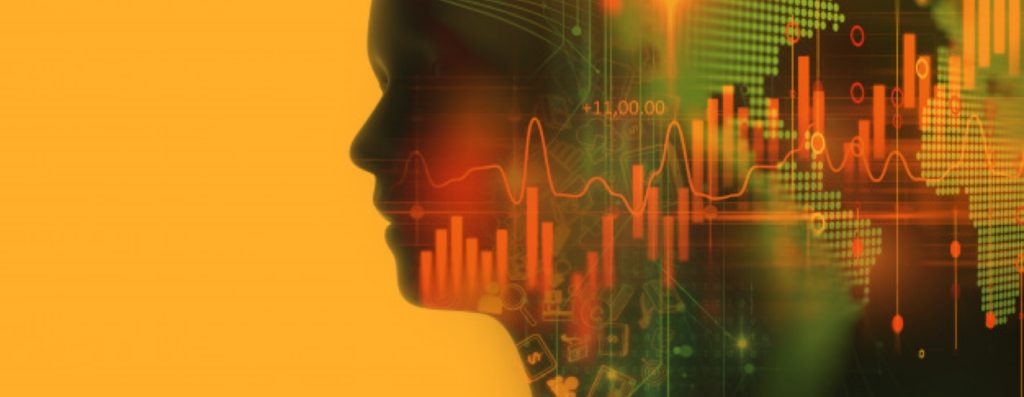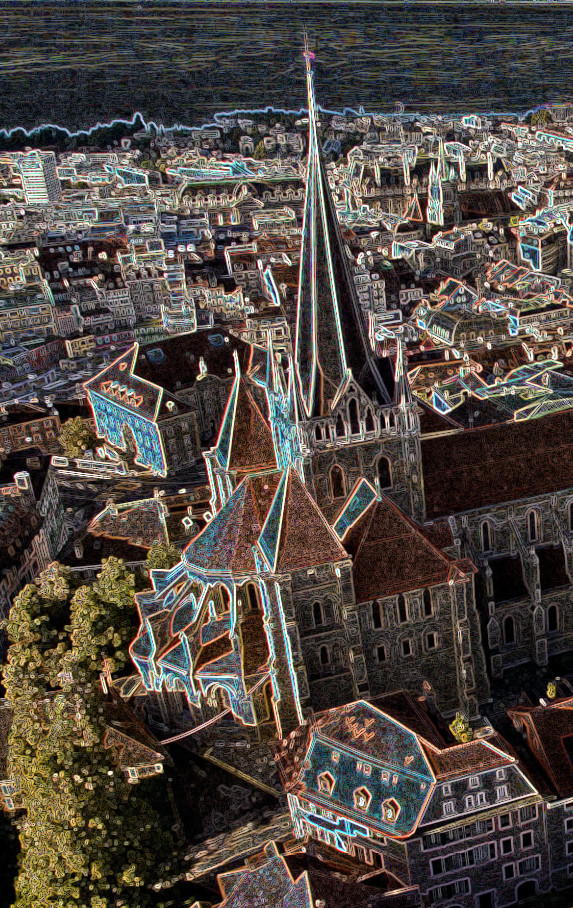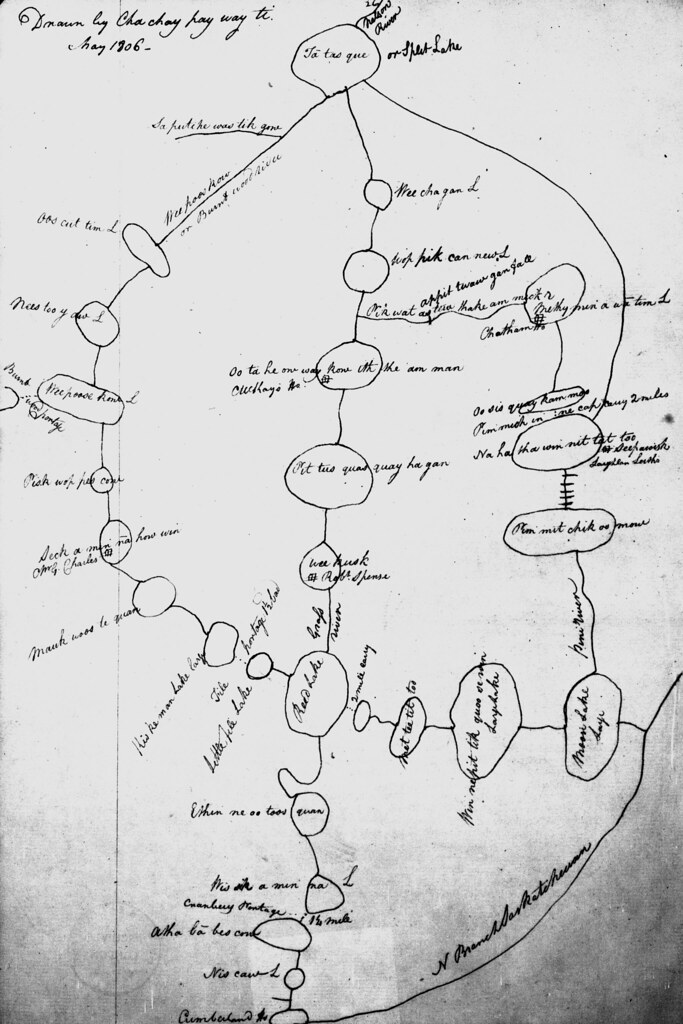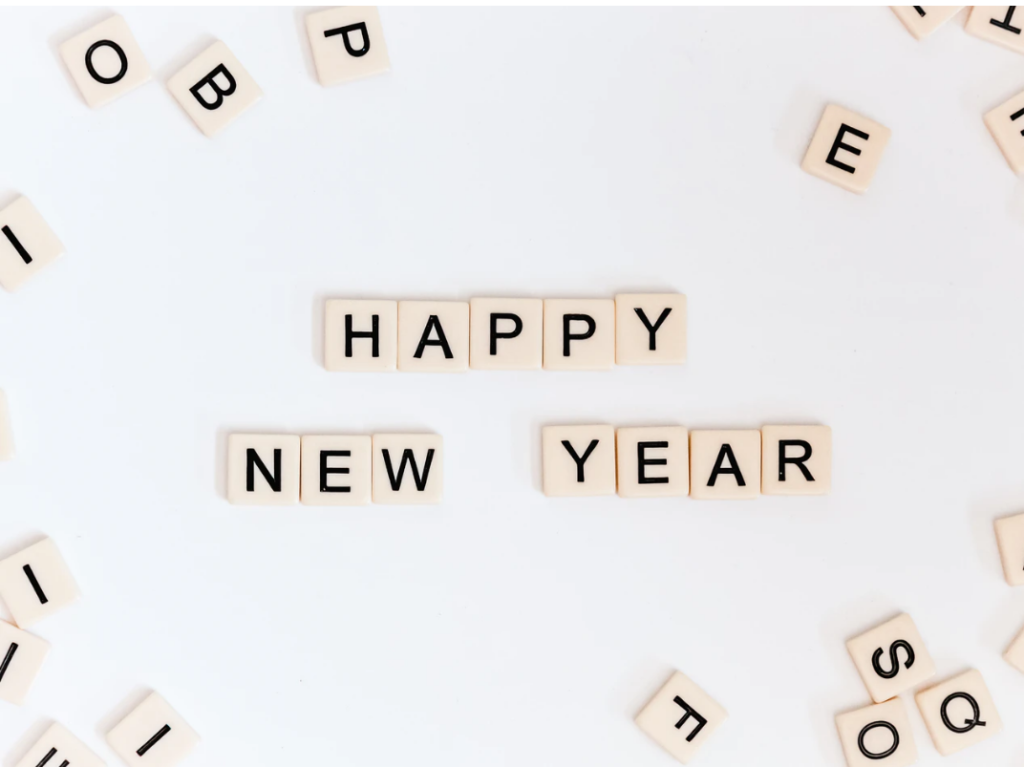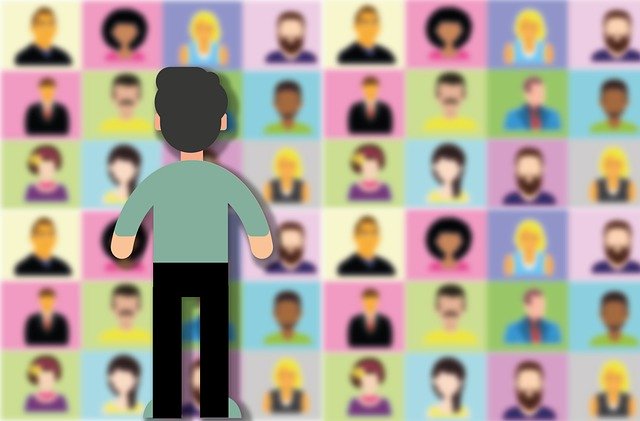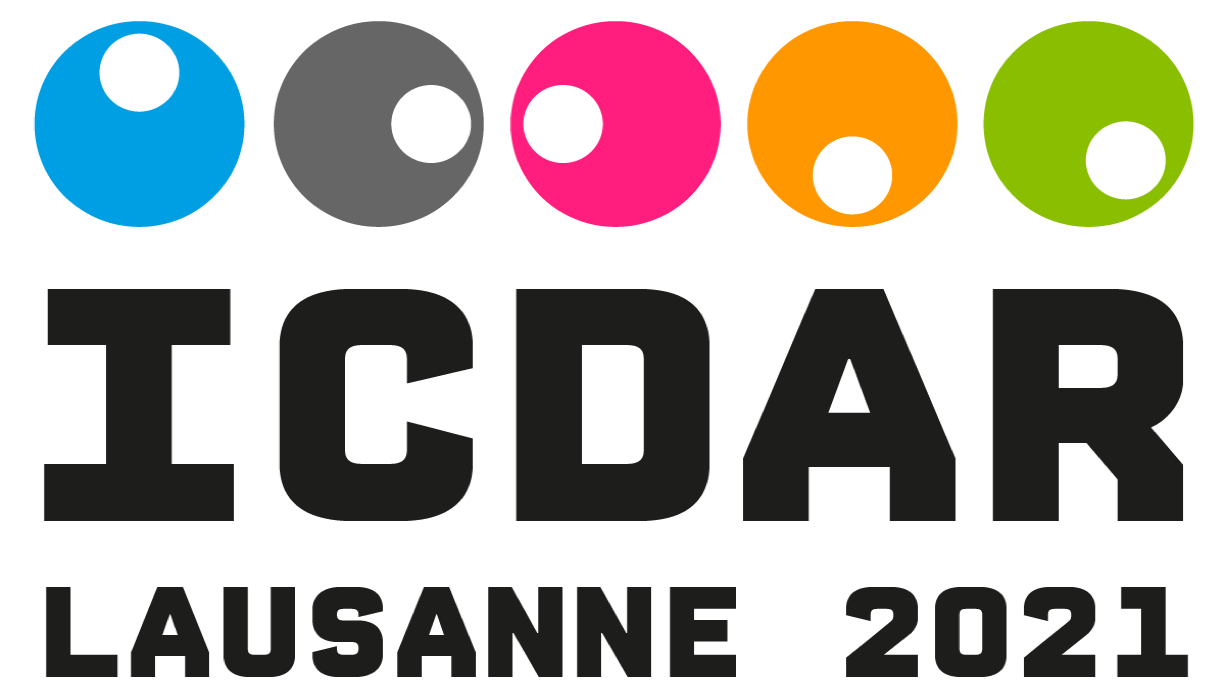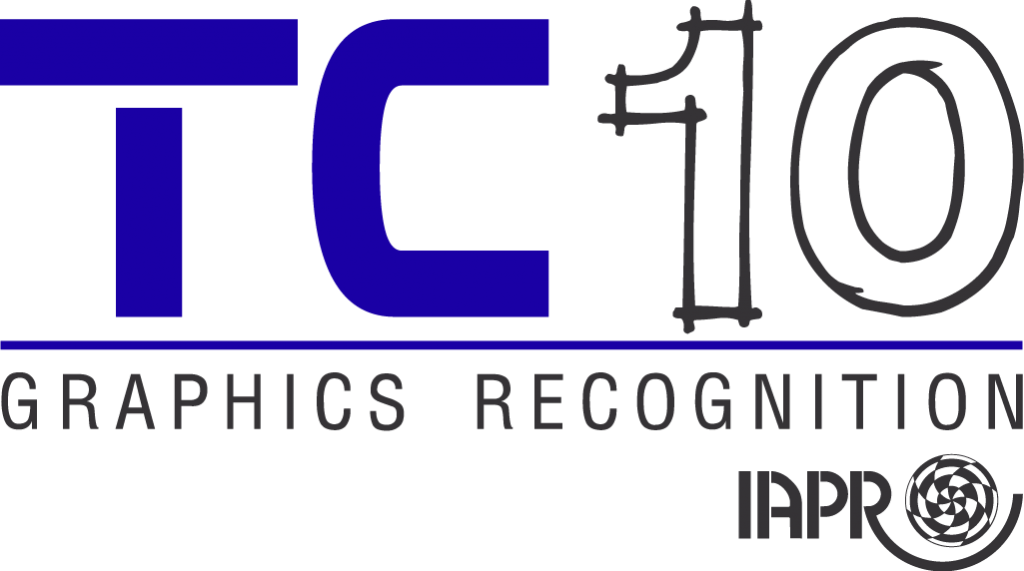
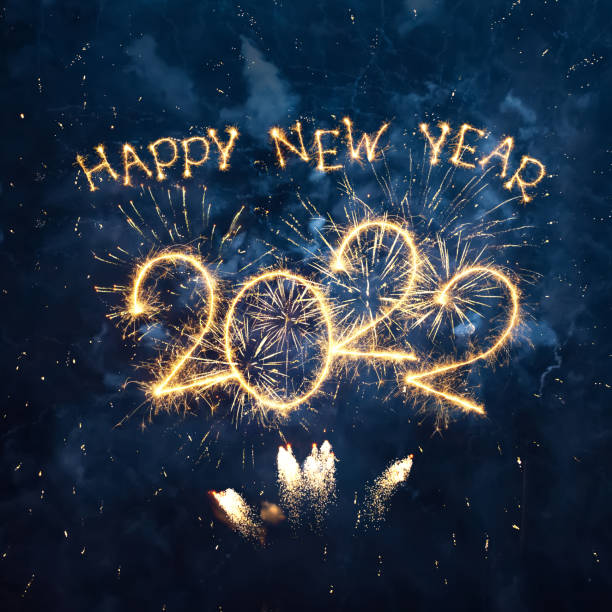
Welcome to the January edition of the TC10 newsletter.
In this issue, you will find the extended deadlines for DAS and ICPR main conferences (both onsite and online), workshops and challenges. ICPRAI paper submission deadline is also postponed to the end of this month and a call for submission to its doctoral consortium is open.
The call for proposals for ICDAR 2025 remains open until February 28th, 2022.
I wish you an happy new year 2022 🎉
Christophe Rigaud
IAPR-TC10 Communications Officer
Table of content:
1) Upcoming deadlines and events
2) Call for Bids for ICDAR 2025 – repost
3) Call For Paper: Document Analysis System (DAS 2022) – extended
4) Call For Papers, Workshops, Tutorials, Challenges: ICPR 2022 – extended
5) Call for Papers ICPRAI 2022 – extended
6) Call for ICPRAI 2022 Doctoral Consortium – new
7) Job offer – repost
Call for contributions: feel free to contribute to TC10 newsletters, by sending any relevant news, event, notice, open position, dataset or link to us on iapr.tc10[at]gmail.com
1) Upcoming deadlines and events
2022
- Deadlines:
- January
0415, paper registration deadline – extended DAS 2022
- January
1017, paper registration deadline – extended ICPR 2022 - January
1724, workshop submission deadline – extended ICPR 2022 - January 28, challenge submission deadline – extended ICPR 2022
- January 31, paper submission deadline – extended ICPRAI 2022
- February 1, doctoral consortium submission deadline ICPRAI 2022
- February 28, bid proposal deadline ICDAR 2025
- March 14, tutorial proposal submission ICPR 2022
- April paper submission deadline ICFHR 2022
- January
- Events:
- May 22-25, conference DAS 2022, La Rochelle, France
- May 31, conference ICPRAI 2022, Paris, France
- August 21-25, conference ICPR 2022, Montréal, Québec (QC), Canada
- December 2022, conference ICFHR 2022, Hyderabad, India
2023 and later
- Events:
- August 2023, conference ICDAR 2023, San José, California, USA
2) Call for Bids for ICDAR 2025
Deadline: February 28, 2022
Submission Method: email to faisal.shafait@seecs.edu.pk / jean-christophe.burie@univ-lr.fr
ICDAR is the flagship event of TC10/11 which has been held bi-annually since its inception in 1991.
The aim of ICDAR is to bring together international experts to share their experiences and to
promote research and development in all areas of Document Analysis and Recognition. Since ICDAR
will be organized as an annual event starting from 2024, the ICDAR Advisory Board is seeking
proposals to host the 19th International Conference on Document Analysis and Recognition, to be
held in 2025 (ICDAR2025).
A link to the most current version of the guidelines appears below. Please check on the website of
TC11 for the latest version.
http://www.iapr-tc11.org/mediawiki/images/ICDAR_Guidelines_2016_02_27.pdf
The submission of a bid implies full agreement with the rules and procedures outlined in that
document.
The submitted proposal must define clearly the items specified in the guidelines (Section 5.2).
It has been the tradition that the location of ICDAR conferences follows a rotating schedule among
different continents. Hence, proposals from Asia are strongly encouraged. However, high quality
bids from other locations, for example, from countries where we have had no ICDAR before, will also
be considered. Proposals will be examined by the ICDAR Advisory Board.
Proposals should be emailed to Dr Faisal Shafait at faisal.shafait@seecs.edu.pk and Dr Jean-
Christophe Burie at jean-christophe.burie@univ-lr.fr by February 28, 2022.
ICDAR Advisory Board,
Faisal Shafait (Chair, TC11)
Jean-Christophe Burie (Chair, TC10)
Elisa Barney Smith (Chair, IAPR C&M)
Koichi Kise
C. V. Jawahar
Dimosthenis Karatzas

3) Call For Papers: Document Analysis System (DAS 2022) – extended
DAS 2022 – Document Analysis System
La Rochelle – France + online
22-25 May 2022
https://das2022.univ-lr.fr
DAS 2022 is the 15th international IAPR-sponsored workshop dedicated towards system-level approaches and related challenges in document analysis and recognition. This includes models, methods, and relevant applications satisfying real-world engineering requirements. The workshop provides an exciting platform for interactions and high-level technical exchanges between industrial and academic communities. The DAS 2022 program will include invited talks, oral and poster paper presentations, tutorials, demonstrations, and working group discussions.
DAS 2022 will be held in the historical city of La Rochelle located on the French Atlantic coast. La Rochelle is famous for its old port, stunning seaside views, urban beaches, and for the second largest private aquarium in Europe. It is planned as a physical conference with support for remote attendance.
DAS 2022 program will follow the traditional way, with single-track technical sessions containing contributed papers, invited talks, awards, and tutorials as with previous DAS organizations. Poster Sessions will be organized with Poster Lightning Talks in order to give Poster presenters the possibility to point out the highlights of their work to a broad audience. Special focus will be given to the Discussion Groups, which highlight and maintain the workshop character of DAS, and to discussions with industrial partners to rise current trends and challenges.
DAS 2022 will accept both full papers (up to 15 pages, presented orally or by poster) and short papers (up to 4 pages, presented as posters or demonstrations). All paper submissions will undergo a rigorous review process that will consider the originality, quality of work, and presentation of ideas, and relevance to document analysis system research. Springer will publish accepted full papers as part of the workshop’s LNCS proceedings, while short papers will be published separately in a companion booklet.
See more on the website.
IMPORTANT DATES
Paper registration deadline: January 15, 2022 EXTENDED (title and abstract submission on easychair)
Paper submission deadline: January 20, 2022
Author’s response period: February 21-28, 2022 (including rebuttal)
Notification: March 8, 2022
Camera ready: April 1, 2022
Conference: May. 22-25, 2022
SUBMISSION TYPES
DAS 2022 submissions should be in Springer LNCS format, full and short paper submissions will be accepted, as described below.
Submission link: https://easychair.org/conferences/?conf=das2022
Full papers
Full papers should describe complete works of original research. Authors are invited to submit original unpublished research papers, up to 15 pages length, that are not being considered in another forum. This restriction does not apply to unpublished technical reports or papers included in self-archive repositories (departmental, arXiv.org, etc.) that are not peer-reviewed.
Short papers
Short papers provide an opportunity to report on research in progress, to present demos and novel positions on document analysis systems. Authors may submit short papers (up to 4 pages in length). Short papers will also undergo review and will appear in an extra booklet, not in the official DAS2022 proceedings.

4) Call for papers, workshops, tutorials, challenges: 26th International Conference on Pattern Recognition (ICPR 2022) – extended
This section contains 4 call for paper/proposal section corresponding to ICPR 2022 main conference, workshops, tutorials and challenges.
Main conference
August 21-25, 2022 Montreal, Canada Website: https://www.icpr2022.com PDF version of this call: https://www.icpr2022.com/wp-content/uploads/2021/08/2021-07-14-ICPR-2022-Call-for-papers-2.pdf
ICPR 2022 is the premier world conference in Pattern Recognition. It covers both theoretical issues and applications of the discipline. We solicit original research for publication in the main conference. Topics of interest include all aspects of Pattern Recognition.
Important Dates
Jan 17 Paper registration deadline EXTENDED Jan 24 Paper submission deadline EXTENDED Mar 14 Acceptance/Rejection/Revision decision Apr 11 Revision/rebuttal deadline May 09 Final decision on submissions Jun 06 Camera ready manuscript deadline Jun 06 Early bird registration deadline
ICPR 2022 will employ a two-round review process. Papers must be registered prior to submission and all submissions take place through the PaperCept Conference Management Submission.
Papers submitted by the paper deadline will be reviewed using single-blind peer review. Authors are required to include their names and affiliations in their paper as illustrated in the sample paper templates. Submissions must identify the preferred track among the six conference tracks.
The result of the first review round will either be accept (possibly with recommended changes), reject, or revise to resubmit for a second review round. Accepted papers will be published by IEEE and be available in IEEE Xplore. Submissions must be limited to six pages plus additional pages for references.
For the full statement of IAPR ethical requirements for authors, see the
webpage https://iapr.org/constitution/soe.php.
More info: https://www.icpr2022.com
Workshops
The ICPR 2022 Workshop Chairs invite proposals for the 26th International Conference on Pattern Recognition which is to be held in Montréal, Québec (QC), Canada during August 21-25, 2022. Workshops can be half- or full-day, and it is also possible to hold workshops that will be operated in a virtual format but it is expected that most workshops will take place at the same venue as the main conference.
We seek Workshops on timely topics and applications of Computer Vision, Image and Sound Analysis, Pattern Recognition and Artificial Intelligence. Workshops are expected to provide a forum for the active exchange of ideas and experiences. Members from all segments of the ICPR community are invited to submit workshop proposals for review. Each proposal will be assessed for its scientific content, proposed structure and overall relevance. Workshop organizers will be responsible for inviting speakers and ensuring their participation, submission and review of papers, and structuring leading discussion sessions.
Guideline for submitting proposals
The workshop proposal should be submitted via email to the ICPR 2022 Workshop
Chairs at workshops@icpr2022.com by January 17th 24th, 2022 (11:59PM Pacific Time) EXTENDED.
You will receive an acknowledgement of receipt by email within a few working days.
Important Dates
- Workshop proposals due January:
1724, 2022 EXTENDED - Workshop proposal decisions: February 14, 2022
- Recommended workshop paper deadline: June 6, 2022
- Early bird registration deadline: June 6, 2022
- Conference: August 21-25, 2022
- Tutorials/Workshops: August 21, 2022
Contacts
ICPR 2022 Workshop Co-Chairs:
● Jonathan Wu (Canada) – jwu@uwindsor.ca
● Laurence Likforman (France) – likforman@telecom-paristech.fr
● Giovanni Maria Farinella (Italy) – gfarinella@dmi.unict.it
● Xiang Bai (China) – xbai@hust.edu.cn
More details on PDF call for workshops.
Tutorials
The ICPR 2022 Organizing Committee invites proposals for tutorials in conjunction with the 26 th International Conference on Pattern Recognition, which is to be held at Montréal, Québec (QC), Canada during August 21-25, 2022. We seek tutorials on core techniques, application areas and emerging research topics that are of interest within
the ICPR community. An effective and informative tutorial should provide a broad introduction to the chosen research area as well as in-depth coverage on selected advanced topics. Proposals that focus exclusively on the presenters’ own work or commercial presentations are not acceptable.
Guidelines for submitting proposals
To propose a tutorial, a PDF file containing the information outlined below must be
submitted by email to tutorials@icpr2022.com.
Important dates
Submission of proposals: March 14, 2022 [11:59 p.m. Central European Time ]
Notification of acceptance: April 11, 2022.
Early bird registration deadline: June 6, 2022
Conference: August 21-25, 2022
Tutorials/Workshops: August 21, 2022
More details on PDF call for tutorials.
Challenges
The ICPR 2022 Challenges Co-Chairs invites proposals for challenges to be held within the framework of the 26 International Conference on Pattern Recognition, which is to be held at Montréal, Québec (QC), Canada during August 21-25, 2022. The aim of the challenges is to advance algorithm and method development in Pattern Recognition by objective evaluation on common datasets. The challenge organizers are responsible for providing good quality data and defining objective evaluation criteria that are applied to the results of submitted algorithms.
Submission
Proposals should be submitted by electronic mail to the ICPR Challenges Chairs:
Dimosthenis Karatzas (dimos@cvc.uab.es)
Marco Bertini (marco.bertini@unifi.it)
Important Dates
December 20, 2021 January 28, 2022: Submission of proposals for challenges EXTENDED.January 10 February 11, 2022: Notification of acceptance EXTENDED.
May 20, 2022: Challenge report due
June 6, 2022: Camera ready report submission
June 6, 2022: Early bird conference registration deadline
August 21, 2022: Challenge presentation date
If you have any questions, please contact the ICPR2022 Challenges Chairs.
More details on PDF call for challenges.
5) Call for Papers ICPRAI 2022 – extended
Endorsed by IAPR
Deadline for Paper submission:15/12/202131/01/2022 EXTENDED
Printed in LNCS proceedings volume
You are invited to submit a paper for the third International Conference on Pattern Recognition and Artificial Intelligence (ICPRAI 2022). It will be held in PARIS 1st to 3rd June 2022
See at https://icprai2022.sciencesconf.org
At the moment in Paris (France), we cannot predict what will be sanitary situation next June. In this context, we cannot schedule for sure, how the conference will take place. We hope most of you can travel for an on site conference, but an hybrid version is also possible.
Scope of the Conference
The conference aims to bring together researchers, students and practitioners of pattern recognition and artificial intelligence, to present and discuss new advances.
Pattern recognition : recognition of different types of patterns, feature extraction / selection and evaluation, structural / statistical approaches
Computer vision : image processing / analysis, segmentation, object recognition, scene understanding
Artificial intelligence : machine / deep learning, expert systems, system interpretability, knowledge representation, perception, semantic analysis, intelligent systems
Big data : data visualization, volume / velocity / data variety, small sample size, supercomputing, cloud, data mining and performance evaluation
With applications related to: handwriting, document, text, language processing, e-learning, image processing / analysis, bio-medical imaging, remote sensing, image retrieval, 2D / 3D images and graphics, audio / video, multimedia applications, security and forensic studies, mobile applications, face, fingerprint, iris, brain, strategic objects and targets, industrial applications of PRAI, innovation and technology transfer, financial trends and analysis, traffic analysis and smart transportation systems, robotics and autonomous vehicles …
With 5 special sessions
- Medical Applications of Pattern Recognition and AI
- Analysis and learning of multi-variate, multi-temporal, multi-resolution and multi-source remote sensing data
- Graphs for Pattern Recognition: Representations, Theory and Applications
- Time series analysis
- Vis&ML for XAI: Bridging the gap between ML and visualization communities for eXplainable Artificial Intelligence
and
3 keynotes
A Special Issue is scheduled for the best papers in IJPRAI journal
As well as a Special Section of the Pattern Recognition Letters (Elsevier) journal.
Proposed by:
Honorary Chair Ching Y. Suen (Canada)
General chair Nicole Vincent (France)
Conference Co-Chairs Edwin Hancock (UK)
Yuan Y. Tang (China)
Program Chairs Mounim El Yacoubi (France)
Umapada Pal (India)
Eric Granger (Canada)
Pong C. Yuen (China)
Key dates
Deadline for Paper submission: 15/12/2021 31/01/2022 EXTENDED
Author notification: 8/03/2022
Submissions
The conference solicits papers covering any of these topics. Papers will be 12 pages of content in the Springer LNCS style and should report on novel, unpublished work.
The proceedings of the conference will be published as a Lecture Notes in Computer Science (LNCS) proceedings volume.
Contact
Sponsors are : IMDS , IDEMIA , LIPADE , Université de Paris faculté des Sciences
6) Call for ICPRAI 2022 Doctoral Consortium – new
Doctoral consortium: May 31, 2022 (a day before ICPRAI main conference)
https://icprai2022.sciencesconf.org/resource/page/id/6
This year, the steering committee of ICPRAI 2022 proposes the first version of the Doctoral Consortium (DC) as a satellite event to the main conference offering the opportunity to PhD students to present their work and meet senior researchers in their field of interest.
The goal of the ICPRAI 2022 Doctoral Consortium is to create an opportunity for Ph.D. students to test their research ideas, present their current progress and future plans, and receive constructive criticism and insights related to their future work and career perspectives. A mentor (a senior researcher who is active in the field) will be assigned to each student to provide individual feedback. In addition, students will have the opportunity to present an overview of their research plan during a special poster session.
Participation in the ICPRAI 2022 Doctoral Consortium will be limited to 25 students. Prospective participants are encouraged to submit their application. The Doctoral Consortium Committee will then review all applications received. Preference will be given to students who are at a stage in their studies most likely to benefit (i.e., they have identified a research direction and published some initial results, but the thesis is not yet set in stone).
Submission procedure
Students willing to participate should submit a participation package in a single PDF file. The submission package should be prepared using the following templates and should contain the following information:
- Student’s name
- University
- Title of your thesis
- Supervisor of the thesis
- Starting and expected finalization date of the PhD
- Short research plan (1-2 pages about the work)
- Short CV (1-2 pages).
The research plan should contain an overview of the PhD topic relative to the topics of the main conference, the steps made so far (including a list of publications), and the actions planned before finishing the PhD, especially novel research ideas to be pursued.
Submission should be done before February 1st, 2022 via easychair (select Track “ICPRAI 2022 – Doctoral Consortium”) :
Important dates
- Submission deadline: February 1st, 2022
- Acceptance notification and mentor assignment: February 15th, 2022
- Mentoring starting period: February 15th, 2022
- Final material due: May 20th, 2022
- Doctoral Consortium: May 31st, 2022
Registration
Participation to the Doctoral Consortium will be free for all accepted students, i.e., there will be no extra registration fees! The ICPRAI 2022 Doctoral Consortium will take place the day before the main conference, i.e., on May 31st.
Veronique Eglin, Daniel Lopresti
Doctoral Consortium Chairs
7) Job offers – repost
Research Engineer/PostDoc Position (2.5 Years) – IRISA/INSA Rennes (France)
Title: Combining Deep and Syntactical Models for a Self-adaptive Optical Music Recognition System applied on Historical Orchestra Scores
Pdf version
https://www-intuidoc.irisa.fr/files/2021/10/SujetInge_Collabscore.pdf
Important Dates
December 1, 2021 (or later) - July 31, 2024 Contract periodIRISA – Intuidoc
IRISA is a joint research center for Informatics, including Robotics and Image and Signal Processing. 850 people, 40 teams, explore the world of digital sciences to find applications in healthcare, ecology-environment, cyber-security, transportation, multimedia, and industry. INSA Rennes is one of the 8 trustees of IRISA.
The Intuidoc team (https://www.irisa.fr/intuidoc) conducts research on the topic of document image recognition. Since many years, the team proposes a system, called DMOS-PI method, for document structure analysis of documents. This DMOS-PI method is used for document recognition, or field extraction in archive documents, handwritten contents damaged documents (musical scores, archives, newspapers, letters, electronic schema, etc.).
Collabscore project
Collabscore is a project founded by ANR (French Research National Agency), led by the CNAM. The goal is to study ancient scores provided by the BNF (Bibliothèque National de France) and Royaumont foundation. Collabscore is a multidisciplinary project. The first task consists in improving OMR (Optical Music Recognition) results using learning techniques. The second action will focus on methods for automatic alignment of the scored score with other multimodal sources. The last one will set up demonstrators based on notated scores at two of the project partners, representative, in various ways, of institutions in charge of musical heritage collections (BnF and Fondation Royaumont). Intuidoc team focuses on the first task of musical score recognition.
Position to be filled
- Position: Post-doctoral fellow / Research Engineer
- Time commitment: Full-time
- Duration of the contract: up to 32 months, starting as soon a possible
- Supervisors: Bertrand Coüasnon, Aurélie Lemaitre, Yann Soullard
- Indicative salary: Up to €36 000 gross annual salary (according to experience), with social security benefits
- Location: IRISA — Rennes, France
Missions
The post-doctoral/engineer fellow will work on the conception of a OMR system. Based on previous works of our research team, the goal of this position is to enrich an existing system (DMOS-PI) to get a complete self-adaptive OMR system for historical orchestra scores. The tasks are mainly:
- define a grammatical description of musical notation, using the existing DMOS-PI method;
- generate unsupervised data for training musical symbols recognizers, using the Isolating-GAN, a novel unsupervised music symbol detection method based on Generative Adversarial Network (GAN);
- create a gradual mechanism for adapting the system to new partitions to build a self-adaptive system with few annotated data;
- integrate anomaly detection into the system.
Logical programming from grammars and languages is expected in this work. Machine Learning methods, especially Deep learning-based approaches (GAN, RCNN, SSD…), will be used to solve some of the tasks, as done in our previous works on music symbol detection.
Applicant Requirements
- PhD, Master degree or Engineering degree in computer science
- Experience in document recognition or statistical analysis.
- Skills in grammars and languages and/or logical programming are nice-to-have, as well as knowledge of music notation.
- Knowledge in deep learning with an experience with at least one library dedicated to deep learning (Keras, Tensorflow, Pytorch) are expected.
Candidates should contact via email: Bertrand Coüasnon (bertrand.couasnon@irisa.fr), Aurélie Lemaitre (aurelie.lemaitre@irisa.fr) and Yann Soullard (yann.soullard@irisa.fr).
Post-doctoral research position – L3i – La Rochelle, France
Title : Extraction of graphic elements in comics books for emotion recognition
The L3i laboratory has one open post-doc position in computer science, in the specific field of document image analysis and pattern recognition
Duration: 12 months (an extension of 12 months will be possible)
Position available from: As soon as possible, 2021
Salary: approximately 2100 € / month (net)
Place: L3i lab, University of La Rochelle, France
Specialty: Computer Science/ Image Processing/ Document Analysis/ Pattern Recognition
Contact: Jean-Christophe BURIE (jcburie [at] univ-lr.fr)
Position Description
The L3i is a research lab of the University of La Rochelle. La Rochelle is a city in the south west of France on the Atlantic coast and is one of the most attractive and dynamic cities in France. The L3i works since several years on document analysis and has developed a well-known expertise in “Bande dessinée”, manga and comics analysis, indexing and understanding.
The work done by the post-doc will take part in the context of SAiL (Sequential Art Image Laboratory) a joint laboratory involving L3i and a private company. The objective is to create innovative tools to index and interact with digitized comics. The work will be done in a team of 10 researchers and engineers.
The work will consist in developing original approaches for extracting and recognizing graphics elements in comic panels in order to recognize emotions. Authors usually used different strategies for representing emotions such as shape of speech balloon, specific symbols, colour of the faces, etc. These elements are drawn among the other graphic elements (main characters, scenery, …) making the localisation and the extraction challenging. In order to extract these specific elements, the development of original approaches will be necessary. Deep learning-based strategies can be explored to reach this goal. This work will be done in collaboration with other researchers working on text understanding.
Qualifications
Candidates must have a completed PhD and a research experience in image processing and analysis, pattern recognition. Some knowledge and experience in deep learning are also recommended.
General Qualifications
• Good programming skills mastering at least one programming language like Python, Java, C/C++
• Good teamwork skills
• Good writing skills and proficiency in written and spoken English or French
Applications
Candidates should send a CV and a motivation letter to jcburie [at] univ-lr.fr.
